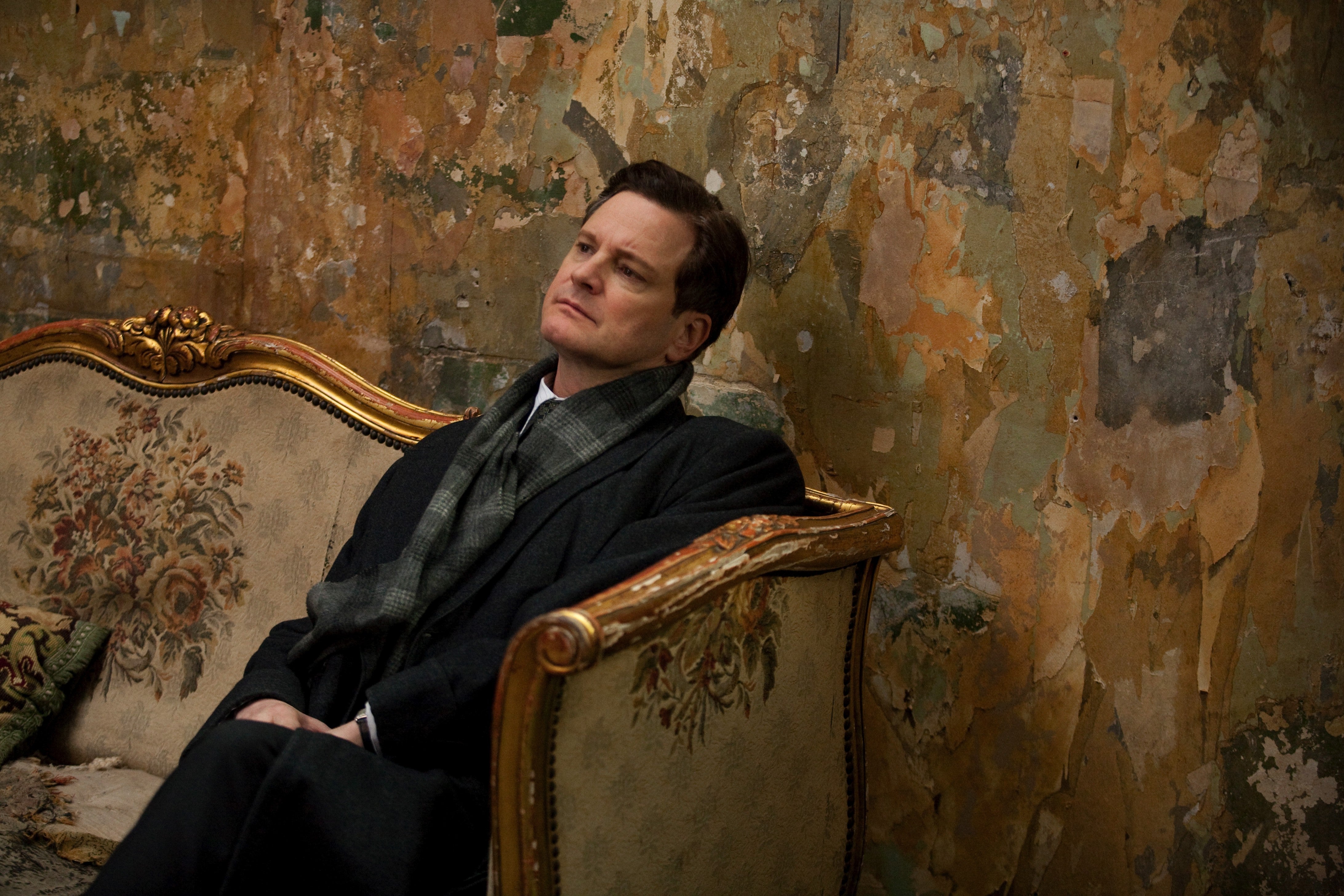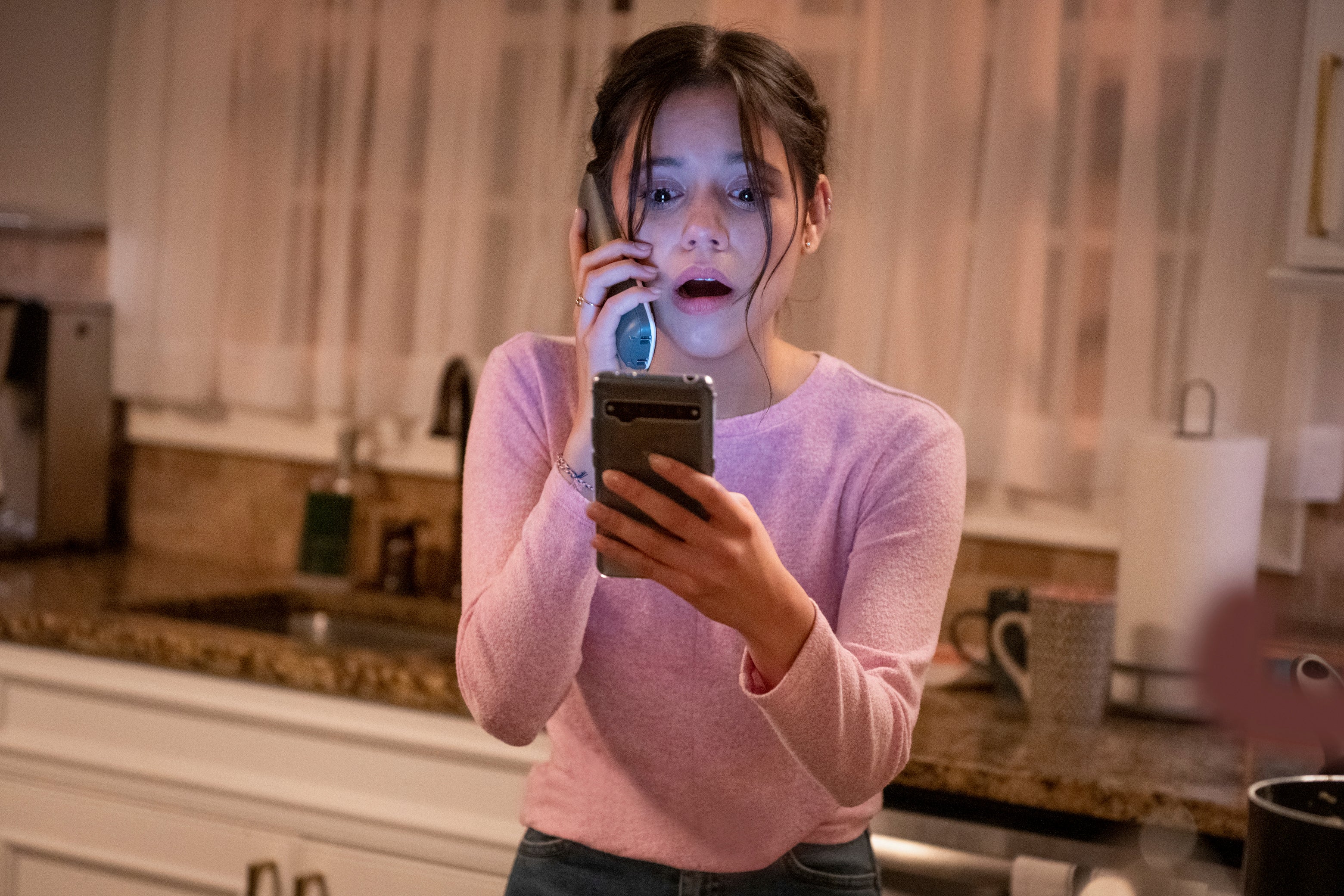Why older viewers could be the saviours of cinema
Cinemas are welcoming back audiences with open arms, writes Geoffrey Macnab. But with older viewers hesitant to return and indie films being squeezed out, a night at the movies might never be the same again

Cinemas are back in business. Almost two years after the start of the pandemic, debt-ridden film exhibitors who’ve been keeping their projectors in mothballs are suddenly making very bullish noises about their prospects for 2022. These exhibitors have just seen Spider-Man: No Way Home spin its way to ticket sales globally of more than $1.5bn in spite of the Omicron surge. They’ve also been encouraged by the intense debate among Hollywood studio bosses about just what to do with movies. The studios may have made huge recent investments in VOD platforms but most have concluded that their highest budget offerings need to be seen on the big screen.
True, the curse of Covid still lingers. Pixar announced last week that its latest animated feature, Turning Red, will premiere on the Disney+ platform in March. The title may have a grim, ironic resonance as exhibitors contemplate their balance sheets after months of empty auditoriums. This, though, is likely to be one of the last of the studio blockbusters to bypass cinemas.
Later in the year, Hollywood will be bombarding audiences with massive new releases. The Robert Pattinson version of Batman; Morbius; Doctor Strange: In the Multiverse of Madness; Fantastic Beasts: The Secrets of Dumbledore; Top Gun: Maverick; John Wick 4; Jurassic World 3; Black Panther: Wakanda Forever; The Flash and Thor: Love and Thunder are just some of the big franchise films that should be hammering their way onto screens near you.
At long last, the vexed issue of the so-called theatrical “window” (the period in which films can be seen exclusively in cinemas) is close to being resolved. A generation ago, viewers had to wait months to get their hands on a grubby VHS of the latest Schwarzenegger or Stallone action movie and years for it then to turn up on TV. Now, partly thanks to Covid, we’ve entered a new era of flexibility and common sense. Cinema exhibitors – who would once have protested furiously and thrown all their popcorn out of the pram if they didn’t have new movies exclusively in their venues – are adapting. In the UK, Bond film No Time to Die grossed an astonishing $130m at the box office in spite of becoming available online and on DVD just a few weeks after its cinema release.
Even Netflix, for so long regarded with paranoia and naked loathing by the exhibitors because of its aggressive online strategy, is now routinely giving limited theatrical releases to its award contenders, with films like The Power of the Dog, The Hand of God, The Lost Daughter and Tick, Tick... Boom!
The consensus is that everyone still needs cinema. The existential threat to its very existence talked about during the darkest days of Covid has been averted. Why then should film lovers be so worried? Just ask Bradley Cooper or Rita Moreno.
Cooper gives a memorably shifty, unctuous and charming performance as the con artist anti-hero in Guillermo del Toro’s dark new drama, Nightmare Alley. It is not so long ago that he was crowned the “sexiest man alive” by People magazine but whatever pheromones he is currently releasing, they’re not attracting the swarms into the theatres. Nightmare Alley was supposed to be one of the most prestigious movies of the year, a surefire Oscar contender. Instead, it has grossed a paltry $9m at the US box office, less than a sixth of the $60m it cost to make.

As for the venerable Rita Moreno, her presence was meant to consecrate Steven Spielberg’s 60th anniversary remake of everyone’s favourite gangland musical, West Side Story. The legendary Puerto Rican-born actor co-starred in the 1961 original. Now 90, she was back on screen as the elderly but still glamorous owner of the convenience store that plays a crucial part in the plotting of the movie. With Moreno’s involvement and blessing, Spielberg’s picture looked certain to be an enormous hit... until it wasn’t. When the bean counters added up the numbers, they discovered that Spielberg’s latest masterwork had limped to a dismal $53m at the global box office. The film was made for $100m – and that doesn’t even include the marketing costs.
Just before the pandemic, when South Korean director Bong Joon-ho’s comedy-horror film Parasite won Oscars and made millions at the box office, it seemed to herald a brave new era in which independent, international dramas would also have their place on the big screen. Now, though, the big Hollywood tentpole movies – superhero films, action pictures and animated features – are more dominant than ever. Smaller, less mainstream pictures are being squeezed out. That was underlined last year when Chloe Zhao’s Oscar-winning Nomadland made less than $4m at the US box office.
Nor, in today’s risk-averse, Covid-affected marketplace, is it conceivable that upmarket UK-made period dramas like The King’s Speech (2010), featuring Colin Firth as the stuttering King George VI, could go on to make more than $420m at the global box office. In 2022, such films would probably head straight onto a streaming service.

Movie lovers will have had very mixed feelings about the latest prognostications on the future of the medium from James Cameron (one of the most successful filmmakers of all time) and industry titan Bob Iger, who has just stood down as boss of Disney.
Cameron (speaking to fellow filmmaker Denis Villeneuve in an interview in trade paper Variety last month) agreed with the Dune director that cinema offered something that simply could not be replicated at home – namely a “roller coaster, immersive experience”.
Iger, meanwhile, also acknowledged the “real value” of the shared common experience of cinemagoing. However, he argued that “only certain movies, not all movies” should be “projected on the big screen”. Like Cameron, he appears to envision a future in which cinemas will be similar to theme parks – places where you venture for spectacle, scale, popcorn and hi-jinks. Fewer but bigger films would be released. Where independent movies will fit into this model isn’t at all clear.
It is also uncertain when older cinemagoers, who used to make up a sizeable part of the audience, will return to venues. For whatever reason, they’re not buying tickets.
In the UK, distributors are reacting with extreme nervousness to their absence. Late last week, Universal suddenly pulled the release of Joe Wright’s new musical version of Cyrano starring Peter Dinklage (originally due to go out this Friday). This is a film that will appeal precisely to the demographic that should have been attracted to West Side Story. Cinemas in the UK remain open but that group has, for the time being, vanished.
Even as Cyrano has been yanked from the schedules, Paramount is blithely carrying on with its massive UK release this week of comedy-slasher movie Scream, the latest in the series that horrormeister Wes Craven and Kevin Williamson started in the mid-Nineties. This suggests that either younger cinemagoers with an appetite for gore aren’t at all bothered by Covid or that the film is so frightening that the only safe way to see it is with a crowd.

While Scream and Spider-Man prosper, The Duke, the final feature made by Roger Michell before his untimely death last year, is another high-class UK film that has been left gathering dust. The toast of the Venice Film Festival in 2020, it boasts superb performances from Jim Broadbent and Helen Mirren. This is a witty, poignant, very well observed Ealing-style comedy-drama about a Geordie taxi driver involved in the theft of Goya’s painting of The Duke of Wellington from The National Gallery. No one, though, will mistake it for a Marvel movie. It was originally due to be released last autumn but its distributors lost their nerve when they realised that the UK’s more mature cinemagoers were still in hiding. The Duke will now come out in late February, on exactly the same date as Cyrano.
Pre-Covid, the talk was all of the “silver pound” and of “how older viewers are rescuing cinema”. There were a steady stream of winners like The Best Exotic Marigold Hotel and Philomena, often starring UK cinema’s very own secret box office weapon, Dame Judi Dench. It’s an overstatement to suggest filmgoing has now again become exclusively a young person’s pastime. Nonetheless, UK exhibitors clearly have their work cut out to lure back a broader range of patrons. If they fail to do so, the entire sector is bound to suffer as the range of films available on the big screen shrivels. Dame Judi returns to cinemas this month in Kenneth Branagh’s superb autobiographical drama Belfast, but whether her senior superpowers can bring back in the older punters remains to be seen.






Join our commenting forum
Join thought-provoking conversations, follow other Independent readers and see their replies
Comments